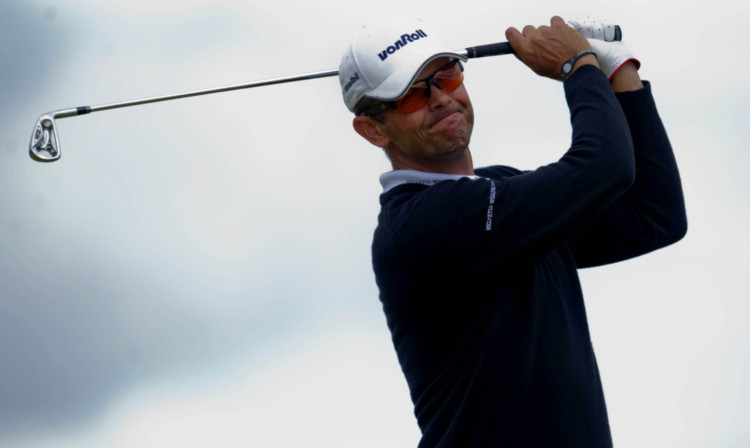The Scottish Golf Union are reining back some of their assistance to the country’s leading amateur players in an attempt to end “entitled” attitudes and create hungrier, more competitive players.
The Union’s performance committee has decided to axe the description of the leading squad as “elite” and will attempt a more individual approach to a smaller number of players, many of them emerging teenagers.
Former tour winners Andrew Coltart and Dean Robertson, who both are on the performance committee and advise the SGU, gave a scathing description of players’ attitudes and application as reduced squads with a definite accent on youth were announced in Edinburgh.
Coltart said his impression in two years working with the SGU was that the leading amateur players “think they know it all”.
“I’ve been available to give the benefit of my experience and you can count the number of phone calls I’ve had in two years on the fingers of one hand,” he said. “That says to me they think they know it all and that concerns me.”
Coltart added that when he and Robertson were tour players they would leave no stone unturned to find out ways of getting a competitive edge on their opponents.
“There’s a lot of free and supported knowledge that wasn’t there when we were coming through the system, but for some reason (the current crop) won’t take it up. Instead Scottish players seem to have an excuse culture going around, they blame the pin positions, the weather, the beds they sleep in. They’re the ones hitting it into the traps.
“They get all this information and backing and spend all their time bashing balls on the range. Short game, we hammer the need to work at that into them, but you never see them at the range practising distance control.
“Course management? Half of them have no idea what that is.”
Robertson, the head coach of the golf programme at the University of Stirling, said that sometimes even basic course strategy advice was ignored and that stats showed the current crop simply weren’t playing well enough.
“The average of dropped shots per round is the magic number, even middle ranked pros will average 11 to 15 a tournament,” he pointed out.
“If it’s over four per round they’ve got little to no chance of making it in the pro game, it doesn’t matter how aggressive you are, it’s about minimising mistakes. There are very few in Scotland right now who average four or under, and no-one who averages under par per round.
“Graeme Robertson, our leading player at Stirling, played at the Johnnie Walker this year and hit 31 of 36 greens in regulation. But he shot two-under and was 12 behind the leader at the halfway point, and had the weekend off, and that’s what they’re up against.”
This change in policy follows a disappointing season where no Scots featured in the top tournaments on the amateur circuit and for the first time since 1949 none managed to get in the Great Britain and Ireland team for the Walker Cup.
The men’s squad will still be going to warm-weather training in Abu Dhabi and South Africa this winter but they will be shorter trips with reduced numbers.
Blairgowrie’s Bradley Neil (17) and Ewan Scott of St Andrews (18) are both part of the main men’s squad for 2014, along with Daniel Young from the Craigie Hill club in Perth, who has just completed his college scholarship at Linn University in Florida.
There’s further squads of six Under-21 players and 12 players aged 17 or under, and promising Fifers Ben Kinsley (St Andrews) and 15-year-old Niall McMullen (Lundin) are in this group.
As well as more individually tailored support, all groups will be on a rewards-based system for good performances.
